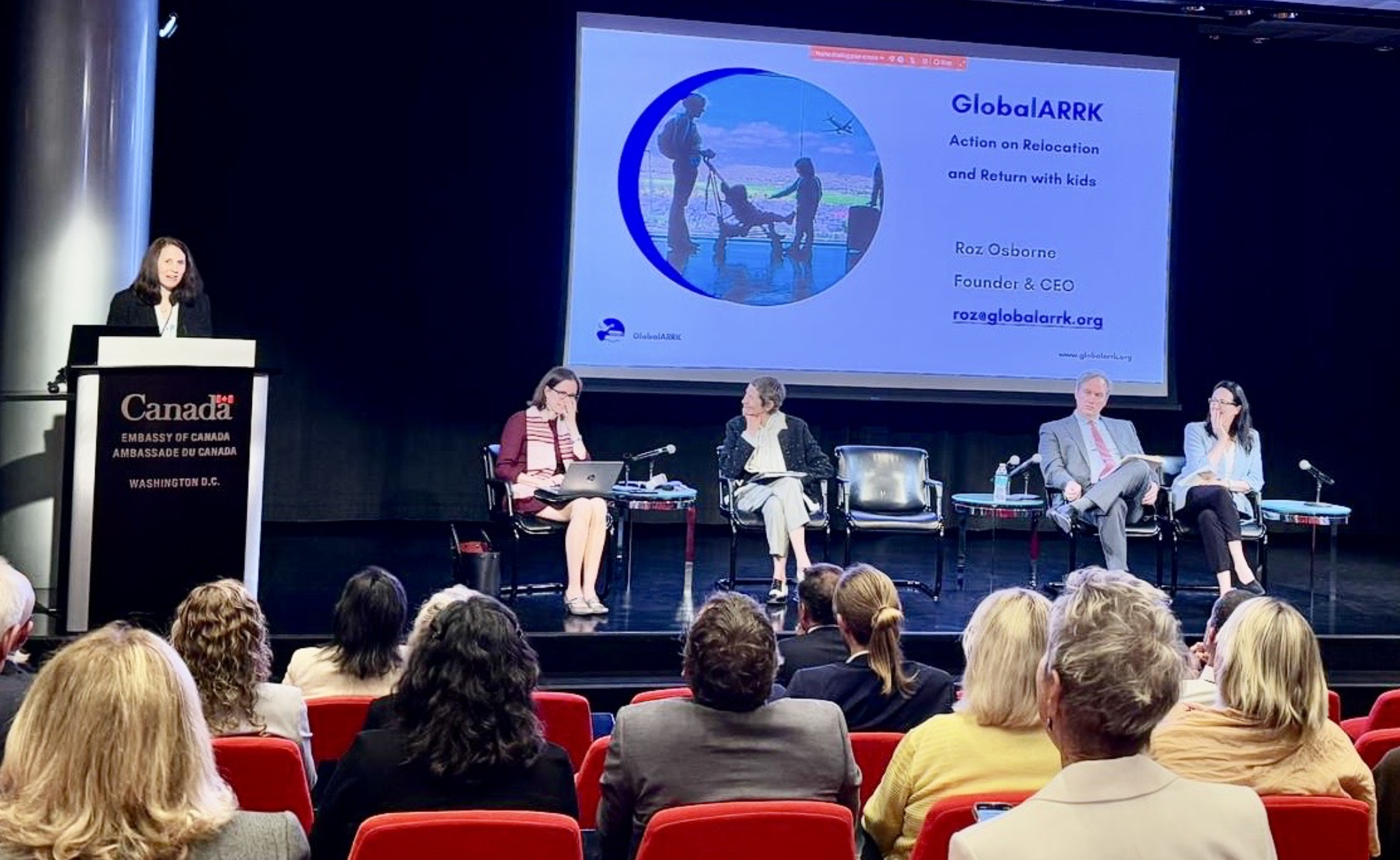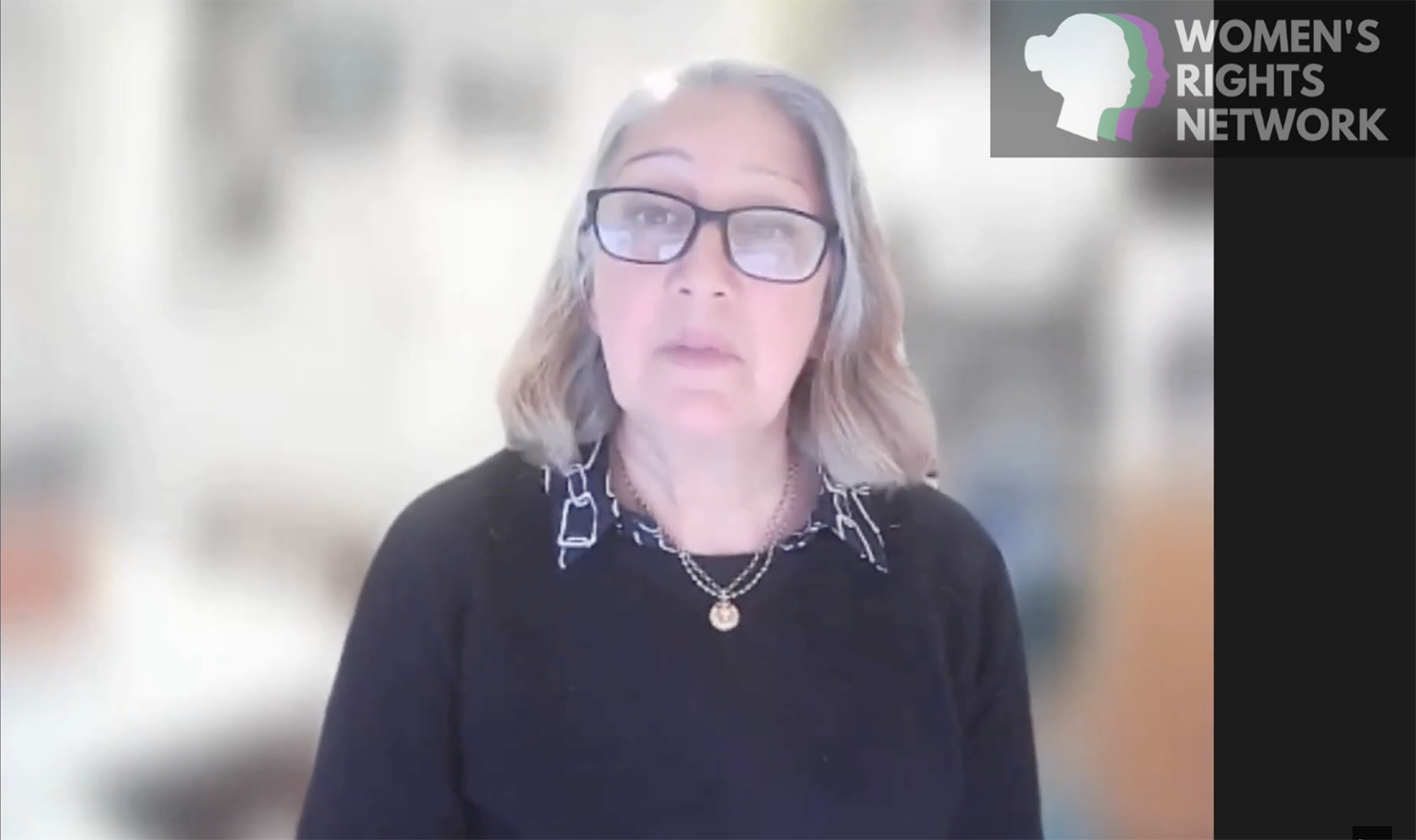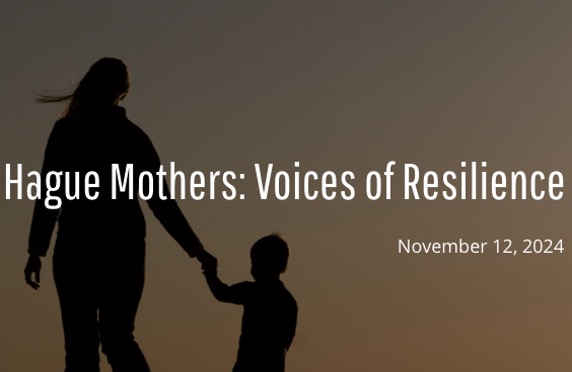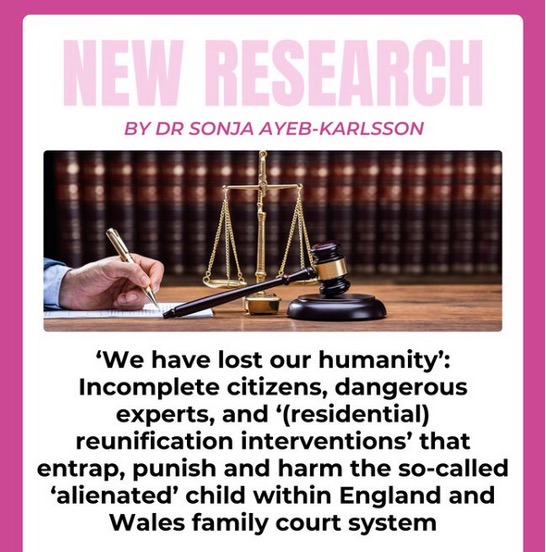Conference “15 Years of the HCCH Washington Declaration: Progress and Perspectives on International Family Relocation”
Our partner organisation, Global ARRK has participated in the conference held in Washington. Please read our member, Roz Osborne’s ( CEO of Global ARRK) reflection piece about the conference:
Reflecting on 15 Years Since the Washington Declaration on International Relocation
Fifteen years ago, a group of international experts came together to address the complex issue of international child relocation. Their aim was to better understand how these cases are handled across different legal systems and to develop a set of guiding principles. The result was the Washington Declaration on International Family Relocation, which you can read here: Washington Declaration (HCCH)
In April 2025, over 100 experts—including GlobalARRK—returned to Washington to revisit this important document and assess what has (or hasn’t) changed over the past 15 years.
We were proud to contribute to the discussions. Our volunteer researcher, Nishat Hyder-Rahman, presented findings from our most recent survey, which gathered responses from 165 service users—parents who are “stuck” abroad with their children and unable to return home. The full report is available here: GlobalARRK Research
Our CEO, Roz Osborne, also shared insights into the impact of being “stuck” abroad—particularly on parents who have fled domestic abuse and are struggling to navigate complex legal systems in unfamiliar countries.
The conference highlighted wide disparities in how different countries handle relocation cases. For example:
- In countries like Canada and England & Wales, there are relatively clear legal frameworks in place.
- In contrast, countries such as Argentina, Spain, Brazil, Germany, and France lack defined legal procedures, forcing parents to pursue relocation through more general family law processes.
While most countries claim that decisions are based on the best interests of the child, it became clear that this principle is interpreted very differently around the world. Key questions—such as whether it’s better for a child to live in safety with one parent or maintain contact with both parents even if safety is compromised—remain unresolved.
Other recurring themes included:
- Lack of data: Very few countries track relocation outcomes, though it’s widely acknowledged that successful applications are rare.
- Delays in decision-making: Timeframes vary dramatically—from a few weeks in the Netherlands to several years in Italy (up to 3–5 years in some cases).
- Lack of Legal Aid: Many parents lack funds to make a relocation application.
These findings underscore what we at GlobalARRK see every day: for many parents—particularly those fleeing abuse—current relocation systems are failing. It is perhaps unsurprising that, when faced with impossible choices and unsafe circumstances, some parents relocate without formal permission.
We are committed to continuing this vital conversation and advocating for fairer, clearer, and more compassionate relocation processes across the globe.
Image from GlobalAARK website.




